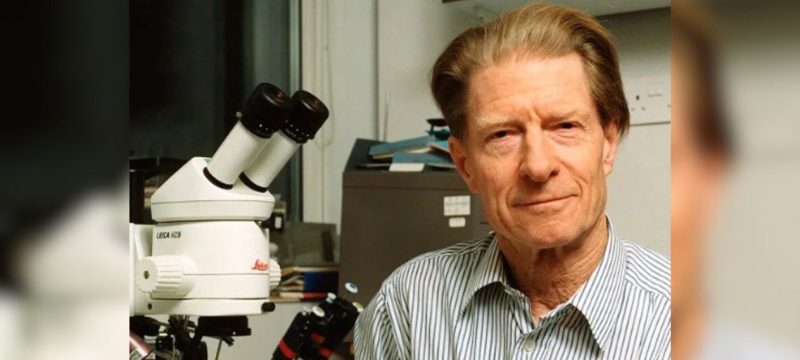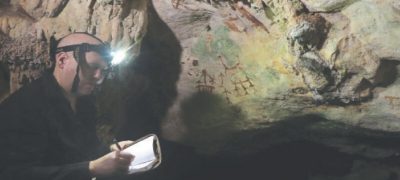Sir John B. Gurdon, the British developmental biologist whose groundbreaking work laid the foundation for modern cloning and stem cell research, has died at the age of 92. His death was confirmed by the University of Cambridge on October 7, 2025. Gurdon’s pioneering experiments in the 1960s forever changed scientific understanding of cell identity and development.
In one of the most influential discoveries in biology, John B. Gurdon proved that the nucleus of a mature cell still contains the genetic information needed to form an entire organism. By transplanting the nucleus from an adult frog’s cell into an egg cell, he successfully cloned a frog — a result that stunned the scientific community. His findings demonstrated that specialized cells could be “reprogrammed,” overturning long-held beliefs that cell differentiation was irreversible.
This discovery became the cornerstone for future breakthroughs in cloning and stem cell research. It directly inspired the successful cloning of animals such as Dolly the sheep in 1996 and paved the way for the development of induced pluripotent stem cells — a key tool in modern regenerative medicine. In recognition of his transformative work, John B. Gurdon was awarded the 2012 Nobel Prize in Physiology or Medicine, which he shared with Japanese scientist Shinya Yamanaka for their discoveries related to cell reprogramming.
Born on October 2, 1933, Gurdon was educated at Eton and later at the University of Oxford, where he initially struggled in his studies before rising to prominence as one of Britain’s most respected scientists. He spent most of his career at the University of Cambridge and went on to found the renowned Gurdon Institute, which continues to be a center for cutting-edge research in cell and developmental biology.
Tributes poured in from around the world following his passing. The Gurdon Institute described him as “a towering figure in biology whose vision and persistence reshaped our understanding of life itself.” Fellow researchers noted that his work inspired generations of scientists and continues to influence research in genetics, embryology, and regenerative medicine.
Though his early work faced skepticism, Gurdon’s perseverance and scientific curiosity ultimately changed the course of biology. Today, his discoveries are foundational to laboratories worldwide and are featured in every modern biology textbook. His legacy endures in the many scientific advancements built upon his groundbreaking research and in the generations of scientists he inspired.
Quick Facts:
- Full name: Sir John Bertrand Gurdon
- Born: October 2, 1933
- Died: October 7, 2025 (aged 92)
- Nobel Prize: 2012, Physiology or Medicine (shared with Shinya Yamanaka)
Sir John B. Gurdon’s life and work remind the scientific world that curiosity, persistence, and a willingness to challenge convention can redefine what humanity knows about life itself.
In other news also read about Trio of Scientists Wins Nobel Prize for Immune System Breakthrough









